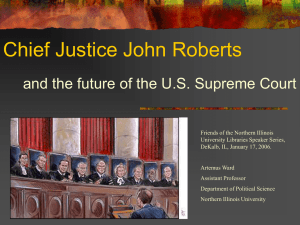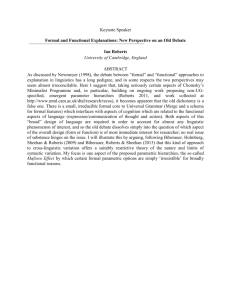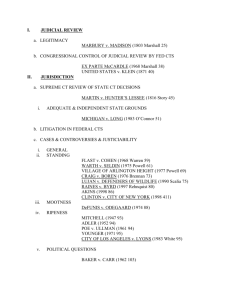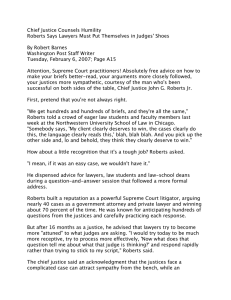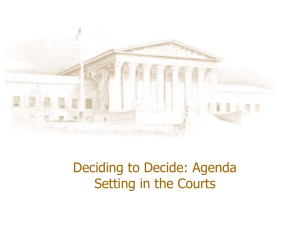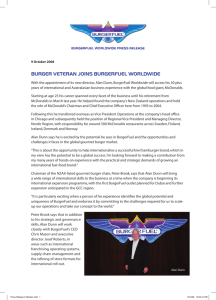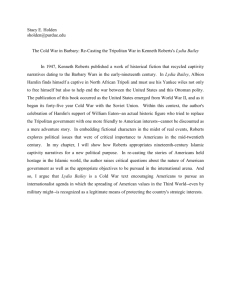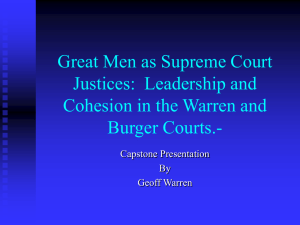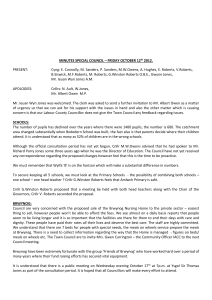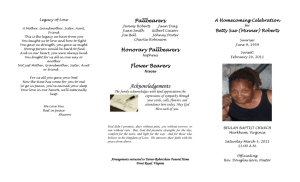The Warren Court
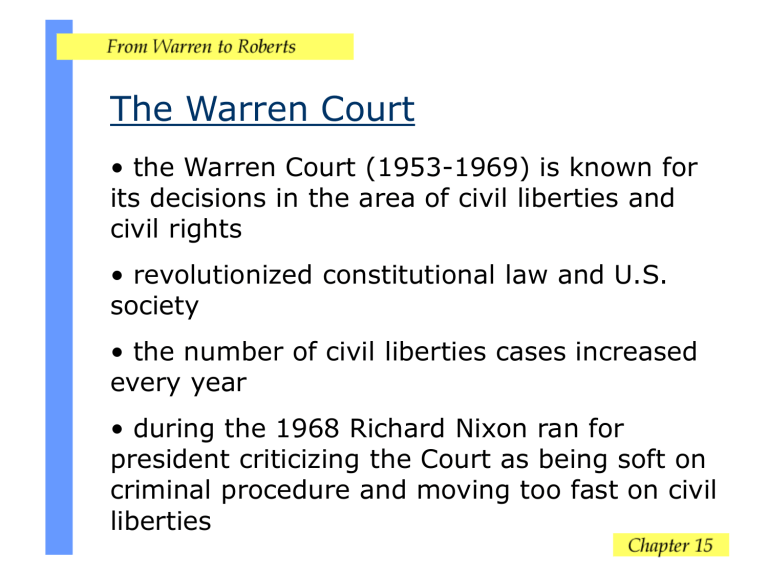
The Warren Court
• the Warren Court (1953-1969) is known for its decisions in the area of civil liberties and civil rights
• revolutionized constitutional law and U.S. society
• the number of civil liberties cases increased every year
• during the 1968 Richard Nixon ran for president criticizing the Court as being soft on criminal procedure and moving too fast on civil liberties
The Burger Court
• Nixon appointed four justices—including naming Warren Burger as the chief justice
• The Burger Court (1969-1986) is known as more conservative than the Warren court but not for a constitutional counterrevolution
• many of the Warren Court precedents were upheld
• the Burger Court was characterized by pragmatism and compromise
The Rehnquist Court
• the Rehnquist Court (1986-2005) has been successful in cementing conservative principles in the legal doctrine
• a firm voting bloc of five justices (Rehnquist,
Scalia, Thomas, Kennedy, O’Connor) decided a large number of cases
• one observer characterized the era as a
“clear break from a time when the Court was an engine of social change.”
• interested in curbing federal power and leave most matters to the states
The Roberts Court
• the Roberts Court (2005 -) is brand new
• the addition of Roberts as chief justices and associate justice Samuel Alito (replacing
Sandra Day O’Connor) brings additional ideologically conservative decisions
• Roberts joined the Court with impeccable legal credentials, setting the bar high for the next nominee
• Roberts is young – the impact of the Roberts
Court will be felt for many years to come
